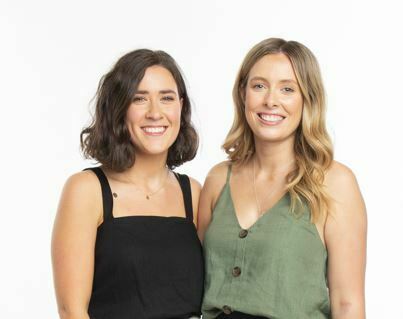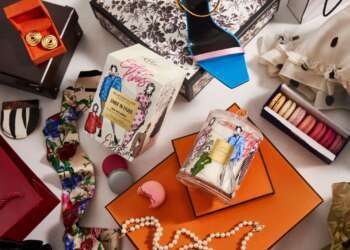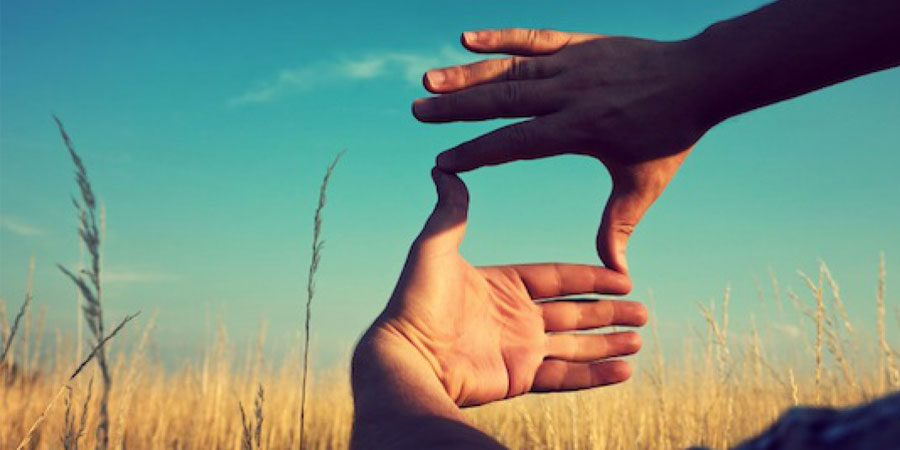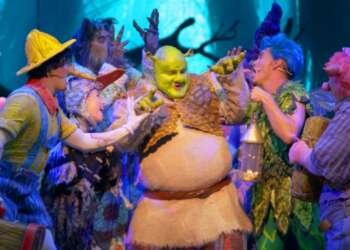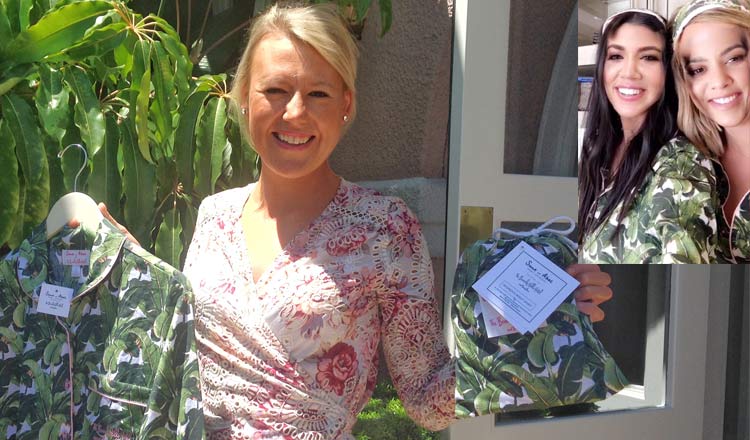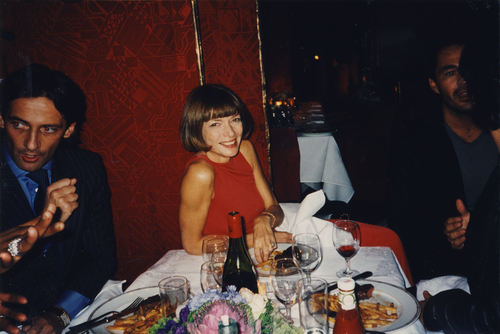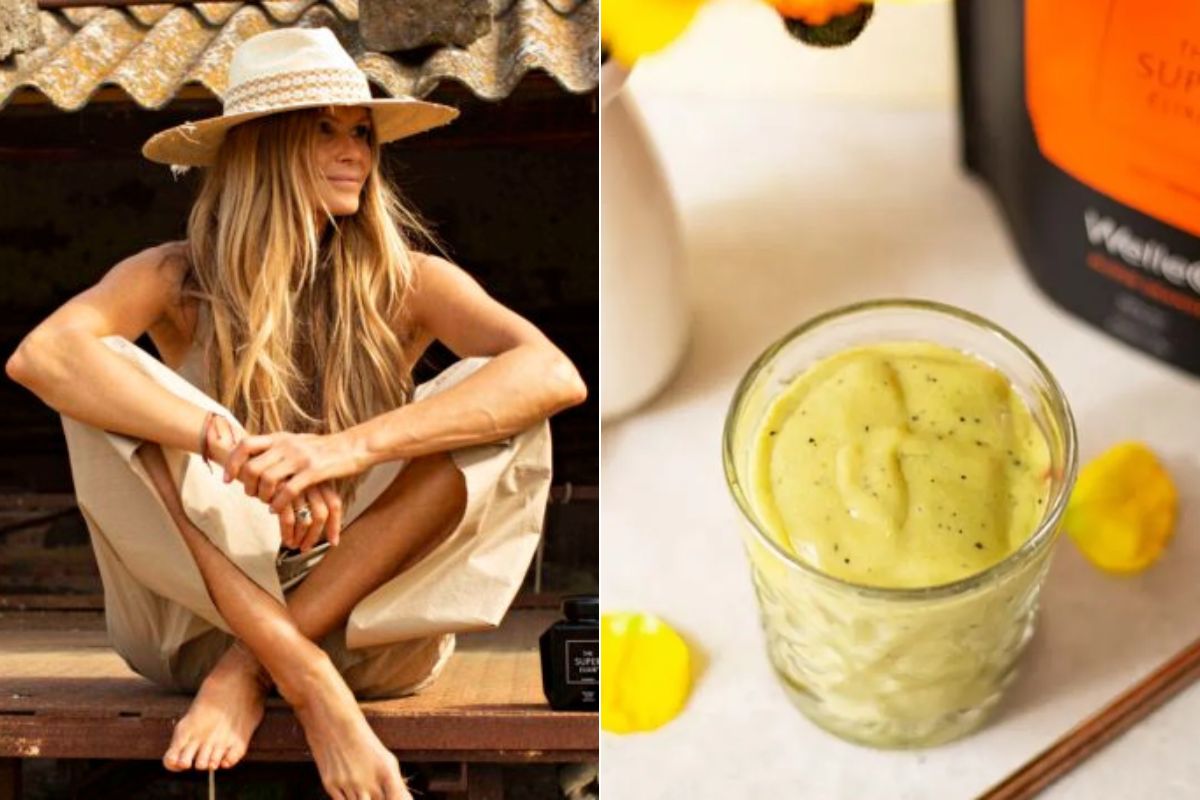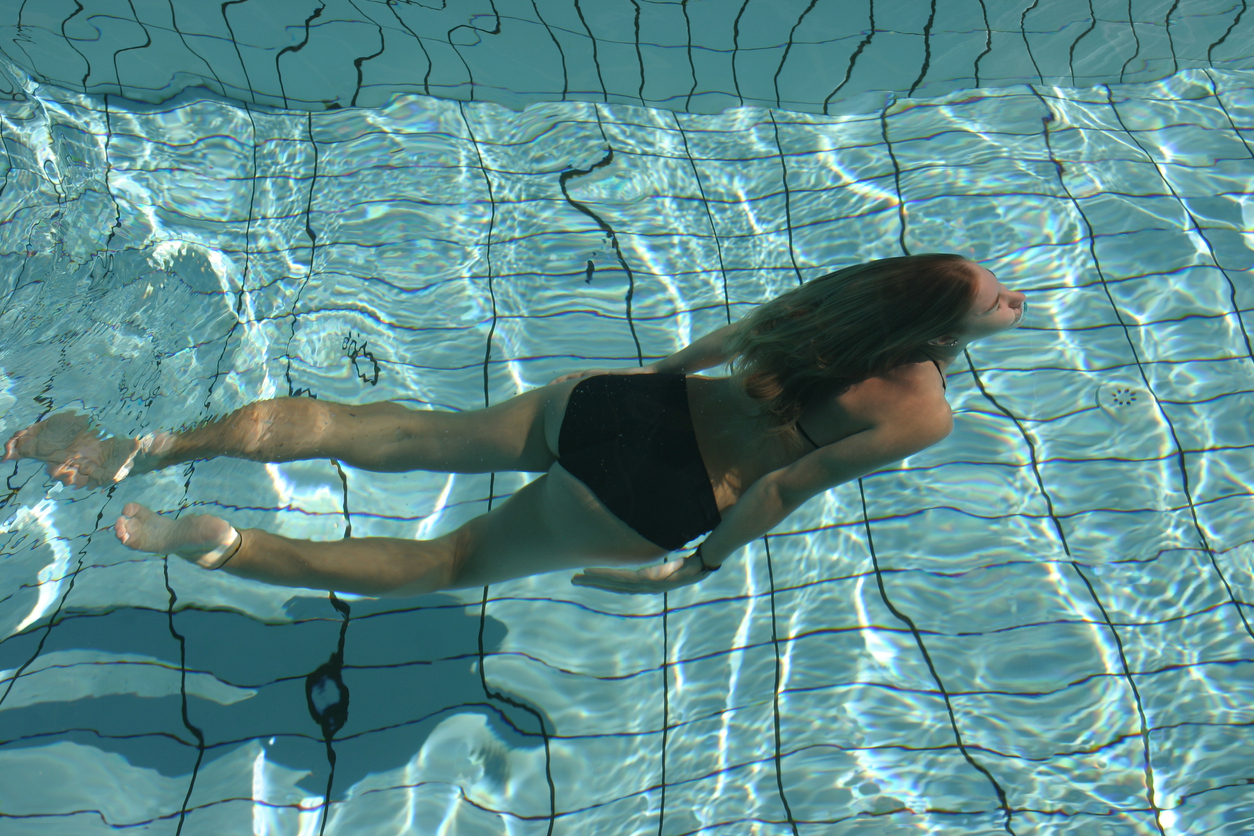Meet the emerging female trailblazers chosen as the finalists in this year’s Australian Women’s Weekly Women of the Future Awards.
Since 2013, the awards have been helping exceptional young women aged between 18 and 34 develop projects that transform lives. This year there was a wide array of entries, with strong themes around disability, conservation, and consent.
Their stories are showcased in the December issue of The Australian Women’s Weekly. As well, each finalist will appear in a new a six-part series on podcast Short Black with Sandra Sully.
The Editor-in-Chief of The Australian Women’s Weekly, Nicole Byers, said there was a record number of entries this year. “They are inspirational, they all do incredible work, they are committed, smart and full of excellent ideas and they’re shaping the way to help create positive change for a better future,” she said.
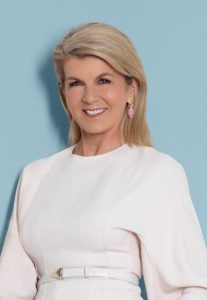
Chair of the ABC Ita Buttrose, Youth advocate Yasmin Poole, Australian National University Chancellor Julie Bishop, TV presenter Narelda Jacobs, Federal Shadow Minister for Education and Women Tanya Plibersek and La Trobe Financial’s Caterina Nesci were among the judges.
The Women of the Future Finalists are:
Hannah Diviney, 22, Sydney, NSW:
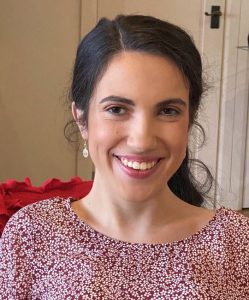
Founder of Missing Perspectives, a global publishing platform which seeks to address the marginalisation of women and girls across news, media and democracy decision-making on a global scale.
Last September, Hannah launched a petition asking Disney to create a princess with a disability. Hannah was diagnosed with cerebral palsy when she was just 12 weeks old, and she’d always questioned why she never saw people like her in films or on television.
“I grew up without seeing myself in any movies, or TV or books I watched or read. Growing up without representation can be really damaging,” she says.
Her petition hit a nerve. It now has more than 42,000 signatures and Hannah’s crusade to increase the visibility of marginalised women and girls, particularly those with a disability, has attracted the attention of Reese Witherspoon’s Hello Sunshine, which spotlighted Hannah and six other activists from the global publication platform she helped build, Missing Perspectives.
Launched in June 2021, Missing Perspectives provides a space for young women around the world to share their stories, and increase their role in media, democracy and decision-making.
“The power of representation is something I can deeply appreciate as a disabled woman who has often felt invisible in the mainstream media,” Hannah says.
Missing Perspectives is run by a small team of volunteers and reaches readers in 100 countries. It is Hannah’s most recent success, but it’s not her only project. In 2012 she co-founded the Krazy Kosci Klimb, which challenges young people living with cerebral palsy to reach the top of Mount Kosciuszko. The event is now run by Cerebral Palsy Alliance and Hannah acts as an ambassador.
Camille Goldstone-Henry, 30, Bondi, NSW:
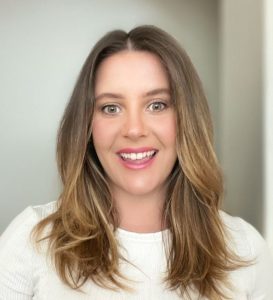
Founder of biodiversity tech start-up Xylo Systems, a cloud-based platform to connect, track and manage conservation projects.
“We are losing a species every three to five minutes on this planet. There are thousands of conservation teams and researchers working to save our species, but they don’t have an easy way to connect and share information and make informed decisions,” says Camille.
“Xylo Systems will aggregate data from various sources and provide insights on some of these conservation projects so decision makers can have a 360-degree view of what is happening and optimise resources to save these species,” she adds.
Camille started the project in July 2020 with the support of incubators for environmentally friendly start-ups. By the end of 2020 she was a top six finalist in the Wild Idea Incubator, backed by the NSW government, and she was a top six finalist in HATCH, the Taronga Accelerator Program.
Taronga’s Director of Welfare, Conservation and Science, Nick Boyle, says, “There are so many groups working on the same thing, sometimes competing for the same resources and funding. There’s an opportunity for this to have a system that says: Group X is already working on this.” Taronga is supporting Camille to test her platform.
Camille says the money from the Women of the Future prize would help fund the programming needed to bring in that more “deep-tech, AI learning that requires very specialist software engineers to teach the system to make decisions”.
“We’ve only got 10 to 15 years left to enact real change and I believe technology is the way forward,” she says.
Angelique Wan, 24, Surry Hills, NSW:
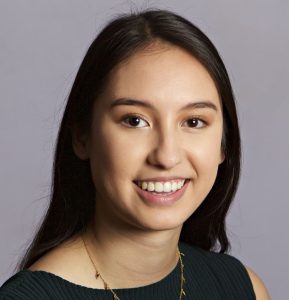
Co-Founder of Consent Labs, a youth-led not-for-profit organisation that revolutionises the discussion around sexual consent, harassment and assault.
Consent Labs’ aim is to reduce the high rates of sexual harassment and assault in Australia. Consent Labs reaches young people in high schools and tertiary institutions as well as ongoing education by delivery programs to their parents and educators. The organisation will speak to over 10,000 students in this year alone, and has expanded to six states across Australia.
“Going to a single-sex girls’ school, I personally subscribed to the toxic culture that is so pervasive in those environments,” said Angelique. Only she didn’t realise it was toxic.
Once she got to university, she began to look around and ask why things were the way they were. “Every time we went out for an innocent dance with friends we ended up being groped by someone random. At this time in our lives, when we were 19, this was the norm. Sexual harassment was the norm but we didn’t have the vocab to call it out at the time,” she says.
Angelique works at Consent Labs full-time and is supported by 20 volunteers and 40 workshop facilitators who go out and deliver the program. “I’ve known from the moment the concept for Consent Labs started to form that it had the potential to be something big because I knew that this was what young people wanted and they weren’t being given.
“Consent Labs is working towards the goal of reducing the prevalence of sexual harassment and assault in Australia, and the way you achieve this is by ensuring comprehensive consent education is accessible to all students,” Angelique adds.
Mannie Kaur Verma, 28, Glen Waverley, Victoria:
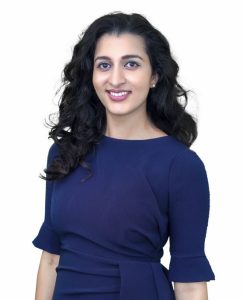
Co-Founder of Veer Foundation, an organisation which works to prevent domestic violence and to support victims in marginalised communities.
Mannie co-founded a not-for-profit organisation earlier this year to empower young women and girls to leave abusive relationships. Mannie was nine when her family moved from a small town in India to Australia because her father hoped to give his two daughters every opportunity in life. Over six years as a young lawyer, Mannie quickly discovered that not every migrant family had the happy success story hers did.
She saw many young women, particularly migrants, who were subjected to violent and abusive relationships. It shook her to her core, and she asked herself why didn’t they leave? “A lot of women come here on partner visas, so they are dependent on their partners. They don’t know anyone here except for their partner’s friends, so when they’re suffering, they have nowhere to go. They have no networks. No support systems. No access to resources,” she says.
“A lot of these women wouldn’t even know where to begin if they left the abusive relationship. They don’t know how to open a bank account. They don’t know how to find a job. I met a woman who didn’t even know how to post a letter,” Mannie adds.
Veer Foundation provides a network of resources to help vulnerable women leave violent relationships. The organisation aims to do everything from helping women identify they are in a violent relationship, to educating them on the basic skills needed to claim their independence, such as opening a bank account, to sourcing pro bono legal advice and empowering them through training courses to give them the essential skills to enter the workforce, enhance their emotional wellbeing and build their confidence.
Molly Rogers, 27, Northcote, Victoria, and Emma Clegg, 28, Malvern East, Victoria:
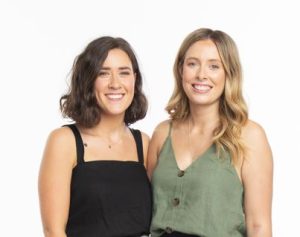
JAM the label – a clothing brand born out of the need for inclusive clothing for young people with disabilities.
Molly Rogers and Emma Clegg met while studying occupational therapy at university and bonded over a shared passion for their work. They were both casual disability support workers for teenagers, Jack and Maddie, at the time, and would often discuss how difficult the teens found dressing, as they both used wheelchairs.
“Not only was it difficult for them, but anything that was easier for them to get dressed in was not cool and wasn’t something that we would have wanted to wear when we were teenagers. Why should they have to compromise on fashion just for functionality?” Emma says.
Soon realising this is a common experience for the one in five Australians with disability, Molly and Emma launched JAM the label in 2019 (named after Jack and Maddie), a clothing brand born out of the need for inclusive clothing for young people with disabilities.
Design features include shirts that close with magnets instead of buttons, jackets that zip up on the sides, and pants that have extra room for comfort when seated and a subtle drop crotch for discretion when using continence aids.
Since launching small with just one product, JAM is now stocked by three external retailers, including EveryHuman, Averee and THE ICONIC.
“Our dream for JAM is to be the number one inclusive fashion brand in Australia. We want everyone in Australia to have the opportunity to wear clothes that make them feel cool, that they’re very proud to be wearing, and we don’t think that should be any different for people with disability,” says Molly.
Martina Ucnikova, 34, Perth, WA, and Jessica Smith, 34, Perth, WA:
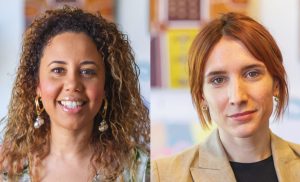
She Runs, a not-for-profit that supports women’s political and civic participation through the power of education and connection.
When Jess and Martina met while working in politics in WA, they would discuss the lack of female and diverse representation in politics, and they decided to start She Runs, a not-for-profit organisation that empowers women to be at the forefront of political life in Australia.
She Runs helps West Australian women learn the practical skills and build the networks necessary to run and succeed in their own campaigns for change.
“We want to minimise the hard obstacles to participation in politics, especially for those from diverse backgrounds who would otherwise be excluded or discouraged,” Martina says.
Last year, She Runs received an innovation grant from the US State Department which enabled Martina and Jess to run events and classes for two years. By October this year 40 women had graduated from the She Runs program. Martina and Jess would like to be able to take the program to women in regional WA.
“There is something about the in-person connection – especially bringing people from different walks of life with different political persuasions into a room,” Martina says.
Jess adds, “We’ve seen a lot of stories come out in Australian politics over the last year or two about women experiencing discrimination, harassment and even assault in politics. We really strive towards a more inclusive environment for She Runs.”
Are Media is a content and experiences company with brands including The Australian Women’s Weekly, Better Homes & Gardens, Woman’s Day, Marie Claire, TV WEEK, New Idea, Now to Love, Australian Gourmet Traveller, BEAUTY/crew and ELLE. For more information visit aremedia.com.au
For more from The Carousel on innovation, visit here.
All Female Cast Recognised At The 2021 Australian Of The Year Awards


